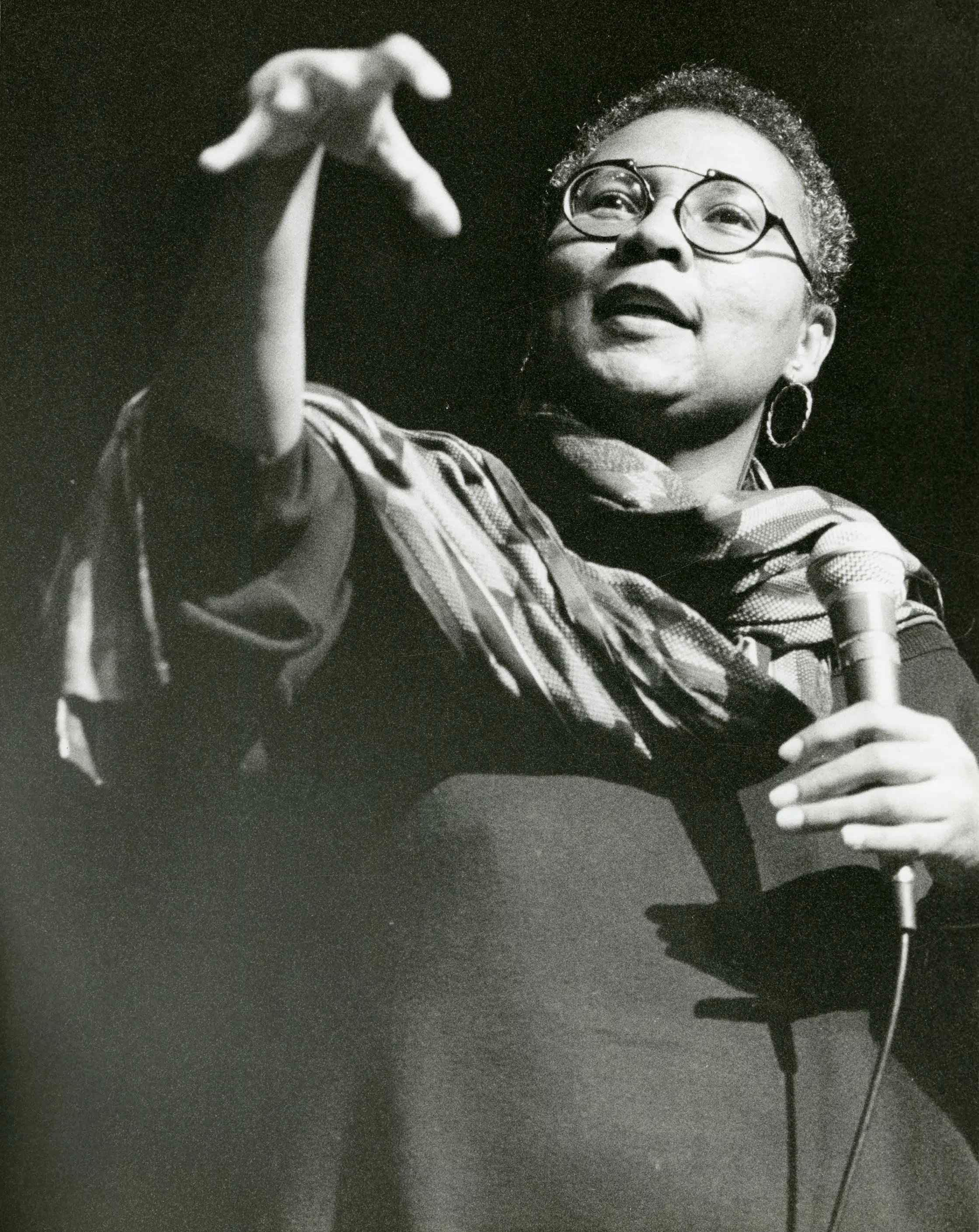Chapter 8 is surprisingly short but reading her examples of how patriarchy is portrayed in the media reminded me of a ton of other works where the reactionary masculine ideal is just presented as default and normal without even a shred of analysis. The dominator model and the idea that men have to assert their will on the world through violence is everywhere in media. Look at capeshit movies and how they’ve so thoroughly diffused into the cultural zeitgeist by always showing the heroes (usually white cishet men) beating up and shooting the “bad guys” and how it's so heroic and badass and masculine. We even get plenty of racism in there too, like in the first Iron Man movie where the chiseled playboy weapons dealing white man gets captured by those mean evil Arab terrorists, then shoots his way out, and later on comes back to kill more of them because reasons. This shit is everywhere man.
I’ve been watching The Sopranos for the first time recently and let me tell ya on top of being a fantastic show in its own right it’s been very fucking interesting to watch alongside reading this book. Everything hooks describes about patriarchal masculinity is on full display in that show, the writers clearly understand patriarchy and how it functions extremely well. Some of my favorite scenes are with Tony at his therapist’s office, slowly and painfully working through his feelings and several times getting right to the cusp of dealing with his underlying trauma before saying “fuck this, bye” and refusing to do the work. And so the cycle of destructive patriarchal rage continues and everyone around him suffers and oftentimes dies for it. I’m only through 4 seasons so far and I’m very curious to see if he or any of the other murderous scumbags in the cast end up genuinely changed for the better by the end. I’d love to discuss Sopranos further with people, just pls no spoilers for seasons 5 and 6.
Chapter 9’s discussion of what true intimacy looks like has me thinking a lot about my own conceptions, past and present, of what it means, especially in romantic relationships. I wasn’t perfect about being vulnerable in past relationships but I found it much easier once I got to know the women I was involved with reasonably well. But even then, there was still so much of my internal world that I just never even got close to expressing, so much vulnerability that felt like too much to share even with an intimate partner. This passage hit me hard:
Before most men can be intimate with others, they have to be intimate with themselves. They have to learn to feel and to be aware of their feelings. Men who mask feelings or suppress them simply do not want to feel the pain. Since emotional pain is the feeling that most males have covered up, numbed out, or closed off, the journey back to feeling is frequently through the portal of suffering. Much male rage covers up this place of suffering: this is the well-kept secret. Often when a female gets close to male pain, penetrating the male mask to see the emotional vulnerability beneath, she becomes a target for the rage.
Doing the work to engage with the deepest most repressed feelings is just that, work. It’s suffering, and that terrifies me. I spend so much of my time being lazy and sitting in a chair just trying to avoid doing real, difficult work, both physical and emotional. It takes real courage to undo patriarchal conditioning and actually CHANGE, but I want to do it, I NEED to do it, even if its hard, even if its painful as fuck.
As a final note, using the Dalai Lama as an example of “healthy masculinity” is cringe, I assume she simply wasn’t aware of the history of Tibet and the Lamas and their literal feudal serfdom. But her broader point about spirituality and how the concept of the soul is neglected in modern society is really insightful. The goal of living should be to actually live and experience and feel, not just surviving and coasting until you die. But as with patriarchy as a whole, I don’t think that’s fully possible until capitalism is completely dismantled.


